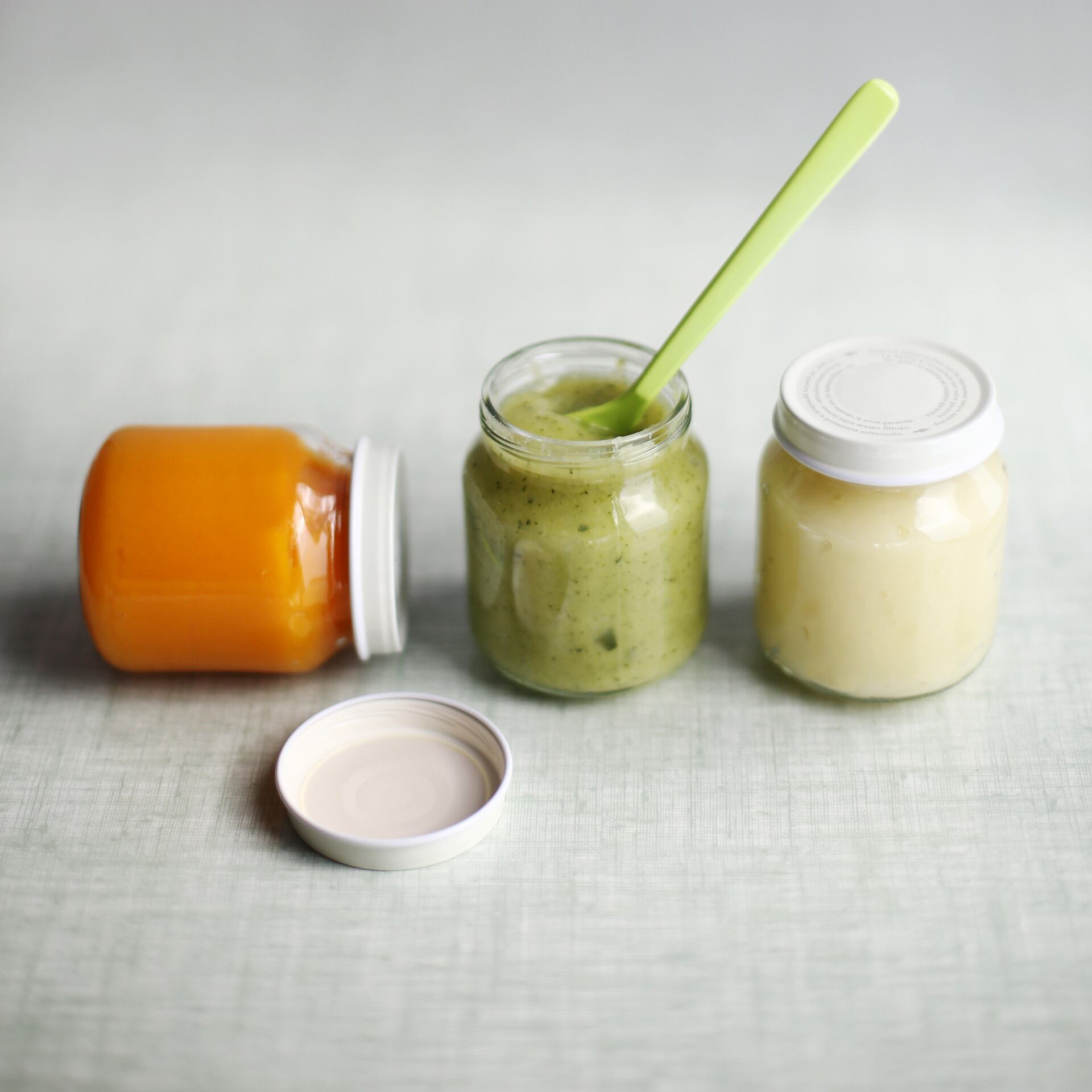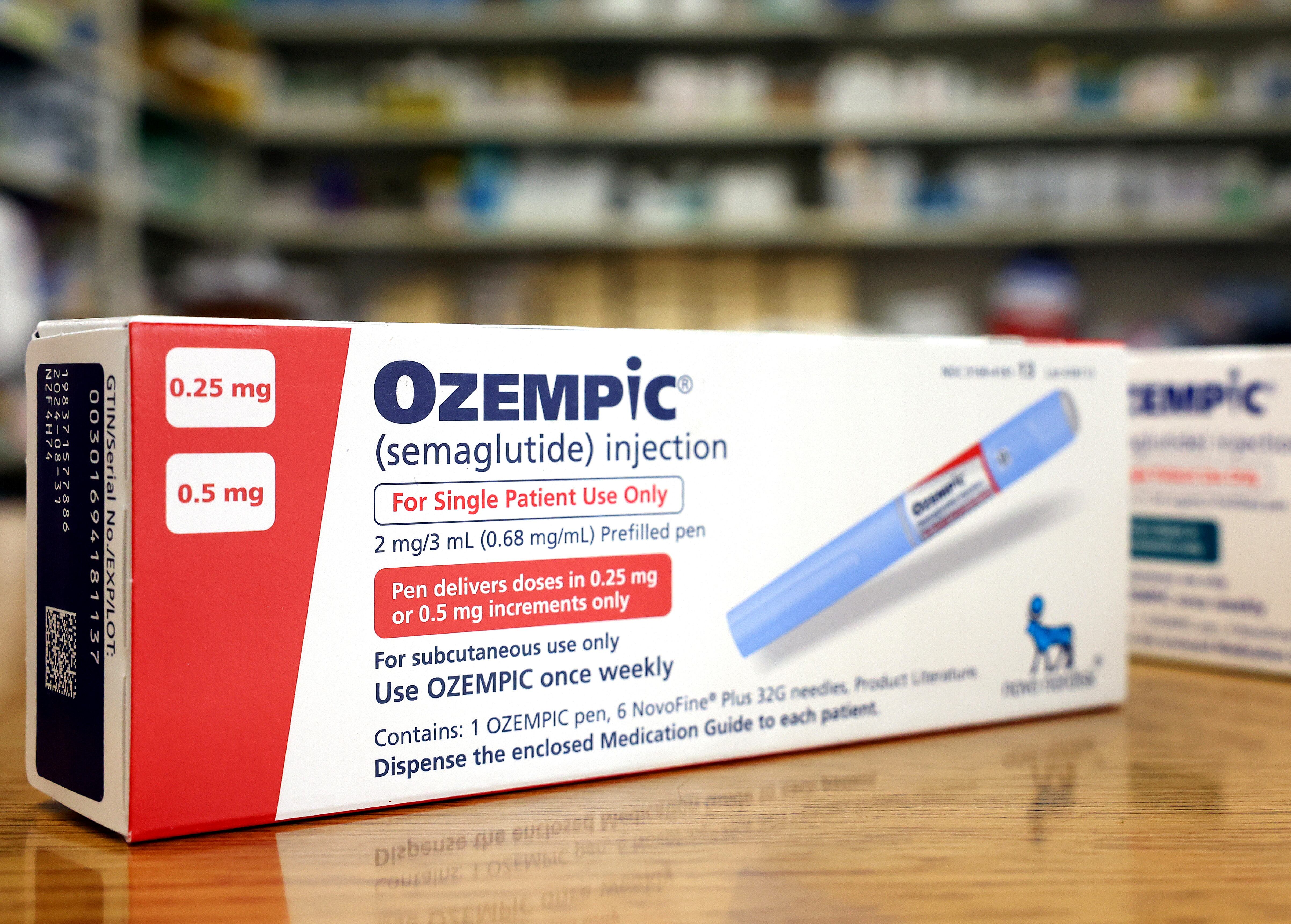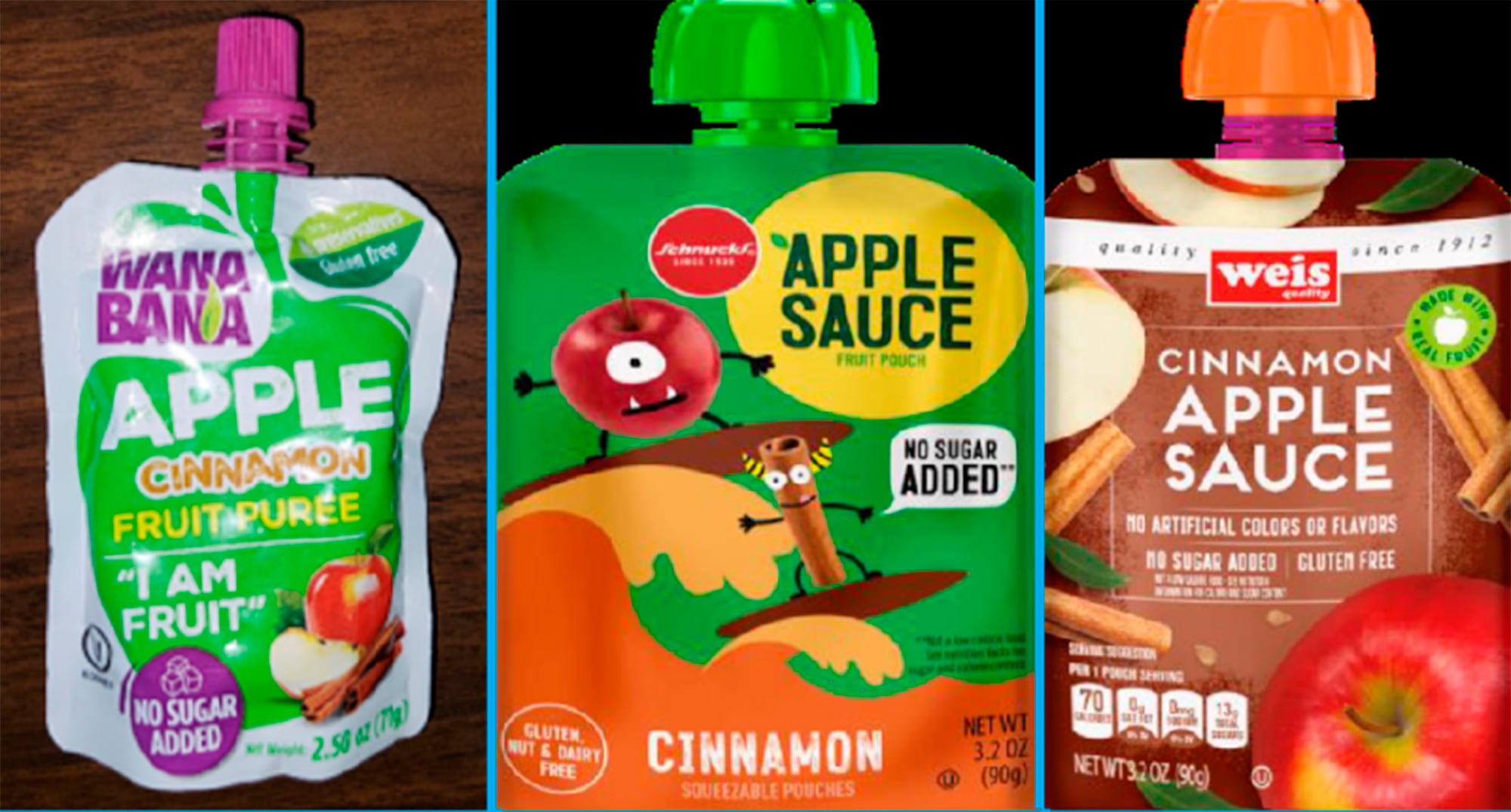New guidance, proposed by the Food and Drug Administration (FDA), seeks to limit levels of the dangerous heavy metal lead in food for babies and toddlers. FDA officials said the limits will substantially reduce exposure to the toxin, but critics say the limits don't go far enough.
The FDA's new guidelines propose capping lead at 10 parts per billion (ppb) for fruits, vegetables, yogurts, puddings, and single-ingredient meats. For root vegetables and dry cereals, the limit is 20 parts per billion.
"For babies and young children who eat the foods covered in today's draft guidance, the FDA estimates that these action levels could result in as much as a 24 to 27 percent reduction in exposure to lead from these foods," FDA Commissioner Dr. Robert M. Califf said in a statement.
But doctors and advocates say the proposed guidelines don't go far enough. According to health authorities like the Centers for Disease Control (CDC) and World Health Organization, there is no safe level of lead exposure for children. Advocacy groups like Healthy Babies, Bright Futures, working to reduce child exposure to harmful chemicals, and the Environmental Defense Fund have called for levels no higher than one part per billion in baby foods — which is about 10 to 20 times lower than the proposed guidelines.
According to the CDC, lead exposure in children can lead to brain and nervous system damage, slowed growth and development, learning and behavioral problems, and hearing and speech issues. Healthy Babies, Bright Futures estimates children under 2 years of age lose an estimated 11 million IQ points from consuming foods high in heavy metals.
The FDA's proposed guidelines have raised questions about just how much lead is currently in food.
According to a 2019 study from Healthy Babies, Bright Futures, 95 percent of manufactured baby foods contain lead, arsenic, cadmium, and mercury. Lead was the most commonly found metal, occurring in 94 percent of foods sampled. The study examined 168 baby and toddler foods from a range of brands including popular ones like Gerber, Beech-Nut, Earth's Best and HappyBABY. One in four products had all four chemicals and a shocking 88 percent lacked any federal safety limits or guidelines. Some of the worst offenders, according to the study, included puffed rice snacks and rice cereals, teething biscuits, and root vegetables like carrots and sweet potatoes.
Susan Mayne, the director of the FDA's Center for Food Safety and Applied Nutrition, said that the agency's guidelines aren't intended to steer consumers' decisions concerning food choices.
"The action levels in today's draft guidance are not intended to direct consumers in making food choices. To support child growth and development, we recommend parents and caregivers feed children a varied and nutrient-dense diet across and within the main food groups of vegetables, fruits, grains, dairy and protein foods," Mayne said in a statement.
But Healthy Babies, Bright Futures does recommend some relatively easy swaps that can cut down on heavy metal exposure. Rice-free snacks and rice-free cereals like whole grain and oat options can be swapped out for rice-based options. Cold bananas and soothing foods can be swapped for teething biscuits. Parents can add other vegetables into a rotation with root vegetables, which provide valuable nutrients but absorb metals from the ground. Finally, water or pureed fruit can be substituted for juices.













